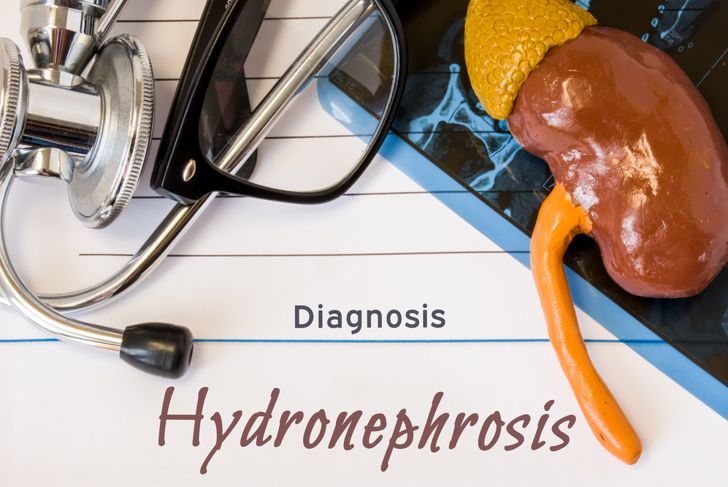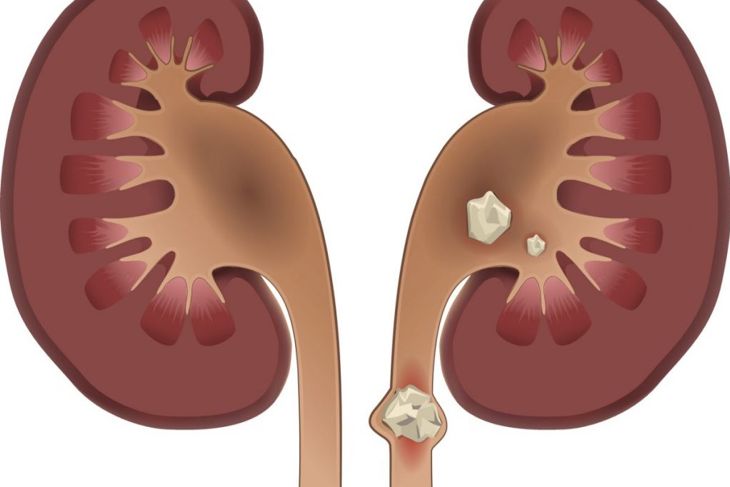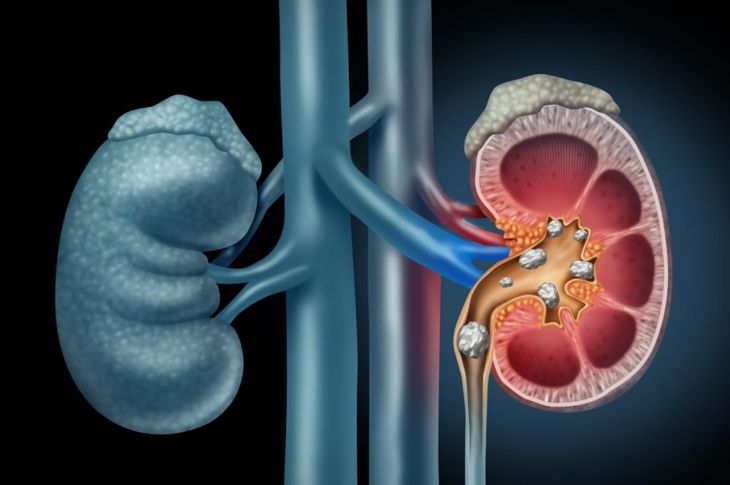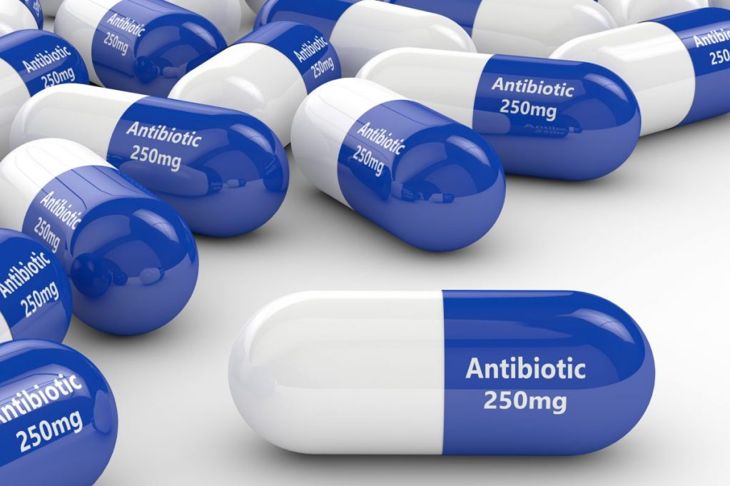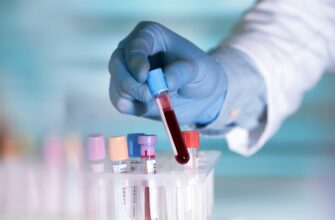Hydronephrosis is not a disease, but rather a secondary condition of an underlying ailment. It affects the drainage of urine from the urinary system, which is made up of four parts — the kidneys, ureters, bladder, and urethra. It occurs when the body is no longer able to effectively drain the urine due to a blockage in the system. As a result, urine flows back up the urinary tract and fills the kidneys.
Who is Affected by Hydronephrosis?
Hydronephrosis can affect anyone, irrespective of ethnicity, age, or gender. However, according to the National Centre for Biotechnology Information, one percent of all infants experience a version of the condition, called antenatal hydronephrosis, before they are born. The study also found men are two times more likely to develop it than women.
What Causes Hydronephrosis?
This condition is caused when the kidneys excrete urine via a narrow tube called the ureter, which carries this waste to the bladder. A blockage or a restriction in the ureter means urine cannot reach the bladder and is forced to flow back towards the kidney.
What are the Symptoms?
Some of the symptoms of hydronephrosis include
Pain in the flank, abdomen, or groin
Burning sensation when urinating
Fatigue and tiredness
Increased frequency and urgency to pass urine
When Should I Consult a Doctor?
Consult your doctor if you experience any of the symptoms listed previously for an extended period or in conjunction. If the pain is extreme or if you notice blood as you pass urine, be sure to seek medical attention immediately. All men over the age of 50 should ideally have a general check-up at least once a year to test for hydronephrosis.
How is Hydronephrosis Diagnosed?
The doctor will check for tenderness and swelling in the kidney region with a physical exam and enquire into the patient’s family medical history. Men may require a prostate examination, while women could need a pelvic exam for confirmation. The second test is a urine sample, which a lab will analyze, looking for blood, bacteria, or other abnormalities. Blood tests that take a complete blood count can identify any infections. Finally, the doctor may use imaging processes such as ultrasound, x-ray, CT scan, or MRI.
What are the Risk Factors?
An underlying illness or disease usually causes hydronephrosis. Medical factors that increase one’s risk include kidney stones, congenital blockage, blood clots, scarring of tissue from previous surgery or injury, cancer or tumor in the bladder, cervix, colon or prostate, enlarged prostate, pregnancy, and urinary tract infections.
What Are the Treatments Available for Hydronephrosis?
The best way to treat hydronephrosis is usually to treat the underlying cause. In the case of an infection, the doctor may prescribe antibiotics. When it comes to kidney stones, some are small enough to pass through on their own, while other, larger ones require surgery. Should there be excess urine build-up as a result of a blockage, a catheter can alleviate this issue.
Is Hydronephrosis Contagious?
Overall, this condition is not contagious. However, some of the underlying diseases or illnesses can be hereditary. If you have a family history of colon cancer, you are generally more likely to get colon cancer. Since colon cancer is an underlying illness leading to hydronephrosis, the chances are higher that you, or someone in your bloodline, could develop it one day.
What Preventative Measures Can One Take?
Some general measures can reduce the risk of developing hydronephrosis:
Drink lots of water on a regular basis. This cleanses and flushes your urinary tract
Eat more fresh fruit and vegetables
Limit salt intake
Minimize consumption of fried foods, soft drinks, and red meat
Exercise regularly
What Are the Complications of Hydronephrosis?
Once the condition is successfully treated (by antibiotics or surgery), there is little likelihood of complications. You will have a tiny scar if the illness required surgery, but should experience little or no pain or inflammation. Left untreated, however, it can lead to kidney failure.

 Home
Home Health
Health Diet & Nutrition
Diet & Nutrition Living Well
Living Well More
More